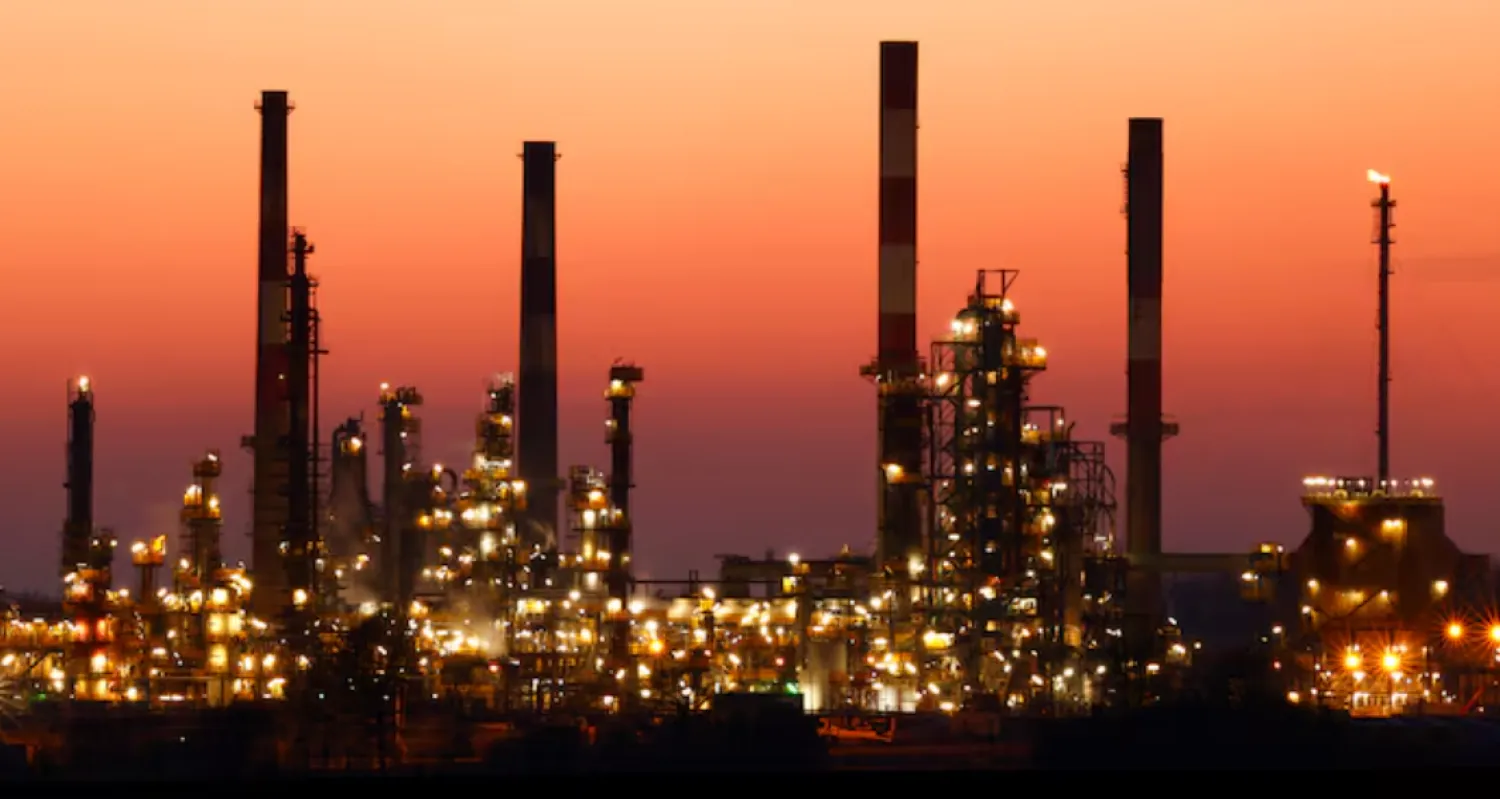Chevron has entered into exclusive talks with Iraq over the giant West Qurna 2 oilfield, moving closer to acquiring the field from sanctioned Russian oil firm Lukoil.
The talks, which Chevron said will include the exchange of confidential data, could expand the US oil major's footprint in Iraq after the country decided to nationalize the West Qurna 2 field and unwind Lukoil's interest in the project.
Iraq nationalized the field last month after the US imposed sanctions on Lukoil to put pressure on Russia to end its war in Ukraine.
EXCLUSIVE NEGOTIATION RIGHTS FOR ONE YEAR
Iraqi Prime Minister Mohammed Shia al-Sudani's office confirmed the signing of the deal between Chevron and the Basra Oil Company.
The agreement between BOC, Lukoil and Chevron allows for the temporary transfer of the West Qurna 2 contract to BOC, which will subsequently assign it to Chevron after terms of the new contract are agreed, al-Sudani's office said in a statement.
Chevron will have exclusive negotiation rights for one year, al-Sudani's office said.
Iraq's government must approve the agreements, and certain steps are contingent upon other approvals including from the US Office of Foreign Assets Control, Chevron said.
Competitive economic terms will be essential to upcoming negotiations, Chevron added.
'AMICABLE SETTLEMENT' WITH LUKOIL
The Iraqi cabinet approved last week an "amicable settlement" with Lukoil over the transfer of operations of the oilfield to BOC. Lukoil has until February 28 to sell its assets under the sanctions.
West Qurna, one of the world's largest oilfields, accounts for about 0.5% of global oil supply and nearly 10% of Iraq's output.
A deal for Chevron in West Qurna 2 would mark a further push into Iraq for the US oil major.
It has agreed to develop several fields in the country as part of an international expansion since completing a deal to acquire US oil producer Hess for $53 billion in 2025.









